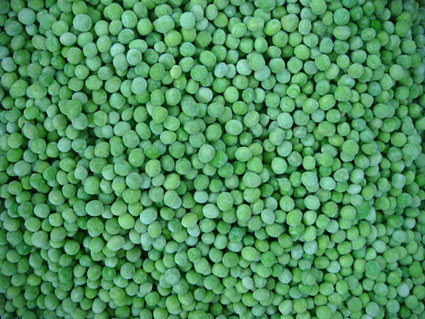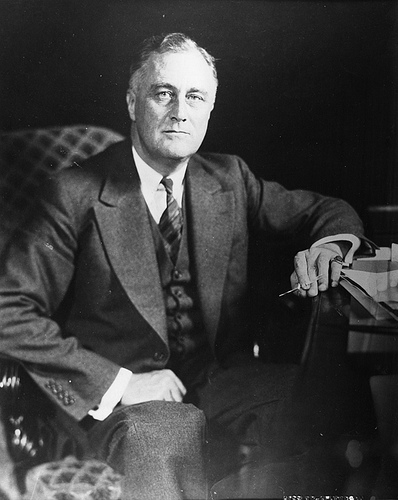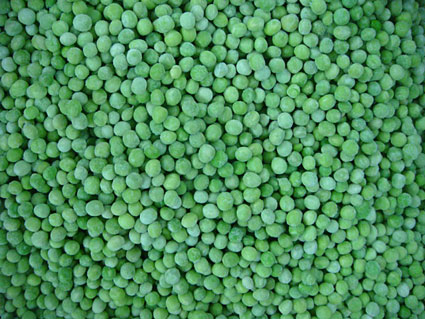 At last, Ezra Klein returns to food! And he levels a legitimate criticism at the food movement:
At last, Ezra Klein returns to food! And he levels a legitimate criticism at the food movement:
One of the really difficult things about getting people to eat better is convincing them that it’s not just a way for others to impose class-based lifestyle preferences on one another. But when you’re down on processed foods that are sold in Giant but all about the processed stuff you can buy at Whole Foods, that’s what comes through. You see this pretty clearly with frozen foods. Foodies love to freeze (and can and jar and pickle) things, but there’s a real condescension and distaste for frozen foods you can buy at the supermarket. But in a world in which people are working longer hours and may not want to learn how to cook, prepackaged meals are going to be a big part of any solution.
I was with him to the end but then came up short. Who exactly pooh-poohs frozen peas? In fact, I would say that many of us are big believers in foods that combine healthy ingredients and relative convenience.
Indeed, some of us have even pointed out that there is surprisingly little convenience in highly processed, additive-filled “convenience foods” — studies have shown they don’t save that much time relative to cooking from scratch. In the above-linked piece, I referred to a promising study in the USDA’s recent report on food deserts that indicated what healthy, convenient prepackaged food would look like and how amazingly effective it could be in changing eating patterns:
One intervention stocked prepared packs of fruits and vegetables (washed, cut, and bagged) at two tiendas (small stores) that served primarily Latino customers in North Carolina. Fruit and vegetable intake for customers at these two tiendas was compared with the fruit and vegetable intake of customers at two control group tiendas that did not offer the fruit and vegetable packs (Ayala et al., 2009). The study found that customers who shopped at stores where the packs were sold increased fruit and vegetable intake by one full serving. Customers who shopped in the two control tiendas exhibited no change in consumption.
As I observed at the time:
Of course, these kinds of value-added products don’t require an enormous factory, a massive distribution system or a vast sea of corn and soy to engineer. So, it’s understandable that Big Food hasn’t done much with them. But still, someone should. And it might make more than a small dent in our societal eating disorder of too much of the wrong kinds of food.
Anyway, just to say that, while Ezra is right that not all processed food is created equal, and that dismissing the whole category isn’t useful, I don’t think it’s fair to class most of those who are trying to reform the food system with the — to put it kindly — “faddists” who insist the answer comes with a focus on one food type or style, whether it’s the raw diet in the book review by Mark Bittman that inspired his post, or macrobiotics, or veganism, or what have you. They may be the loudest, and they may even be the most passionate, but they don’t represent the most numerous or the most influential segment of reformers.



